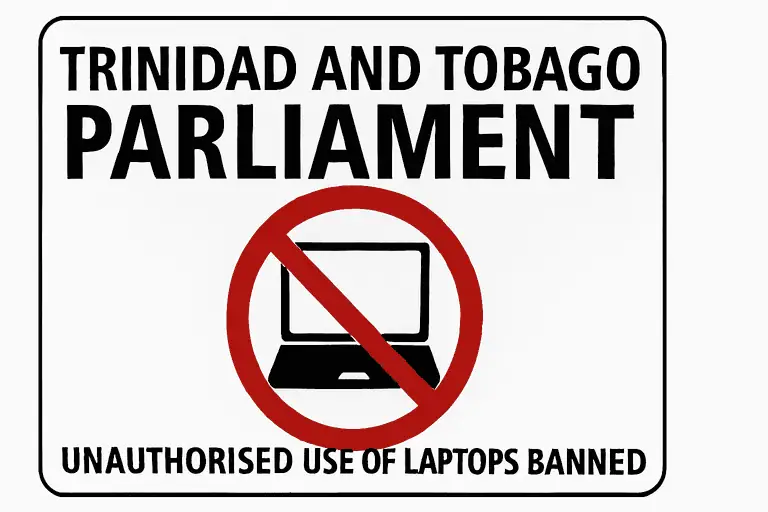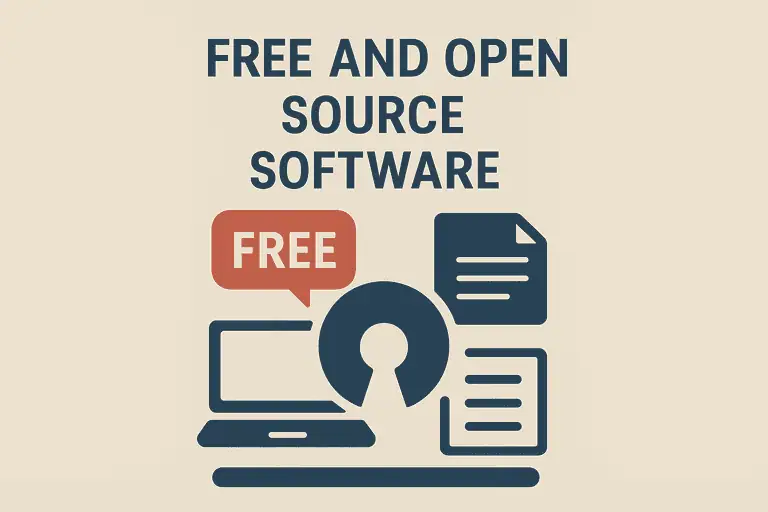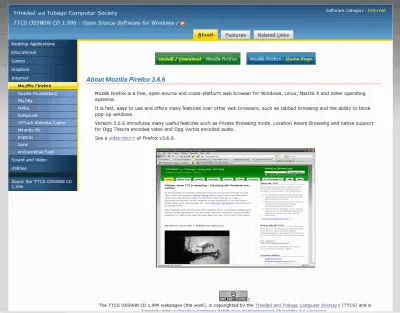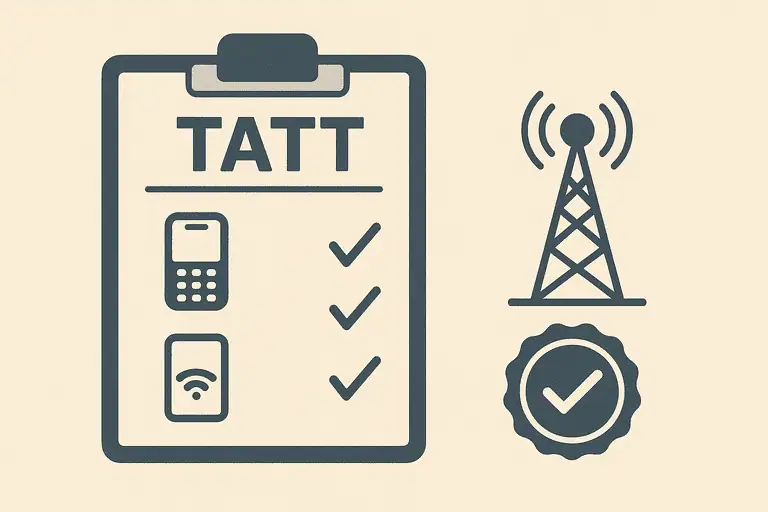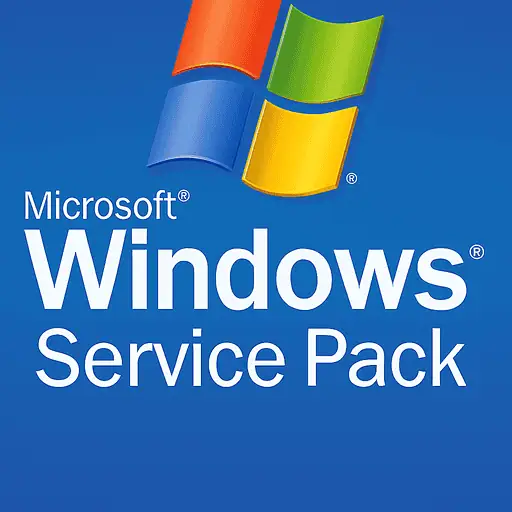From the Trinidad Express :
Opposition Leader Basdeo Panday has been suspended from Parliament for the remainder of the session, which can extend until December 16, 2008, House Speaker Barry Sinanan confirmed yesterday….
Panday was suspended for defying the Speaker, who ruled against the unauthorised use of laptops. Told that Panday has been using the laptop consistently over the past few months, Sinanan explained that he sent out a circular, dated February 25, reminding MPs that they must seek his permission to use electronic devices and that such use must relate to matters being discussed in the Parliament on that day. Yesterday was the first time that Sinanan was in the Chair since the circular was sent out and therefore his first opportunity to enforce it.
Explaining the ruling, Speaker asked rhetorically, “what would prevent 41 members from using laptops during the sitting? One doesn’t know if they are looking at pornography or chatting on-line”. He said May’s Parliamentary Practice very explicitly stated that MPs could not use electronic equipment as an aide-memoire when addressing the House.
Newspaper coverage about the incident :
Newsday :
- Bas Defies Speaker
- Newsday frontpage (looks like the laptop is a Sony Vaio running Windows XP)
- Govt says Panday out of place
- Newsday Editorial : Trivial matter
Trinidad Express :
- BOOT FOR BAS : Suspended from Parliament for using laptop
- ‘Shame’ in the House
- Bas vows to return :
- Kamla: We’ll sue Speaker
Trinidad Guardian :
- Bas suspended over laptop
- Laptops now permitted at Jamaica sittings
- Opposition MPs plan to buck the Speaker
Update : Caribbean Free Radio has a poll about the incident.

